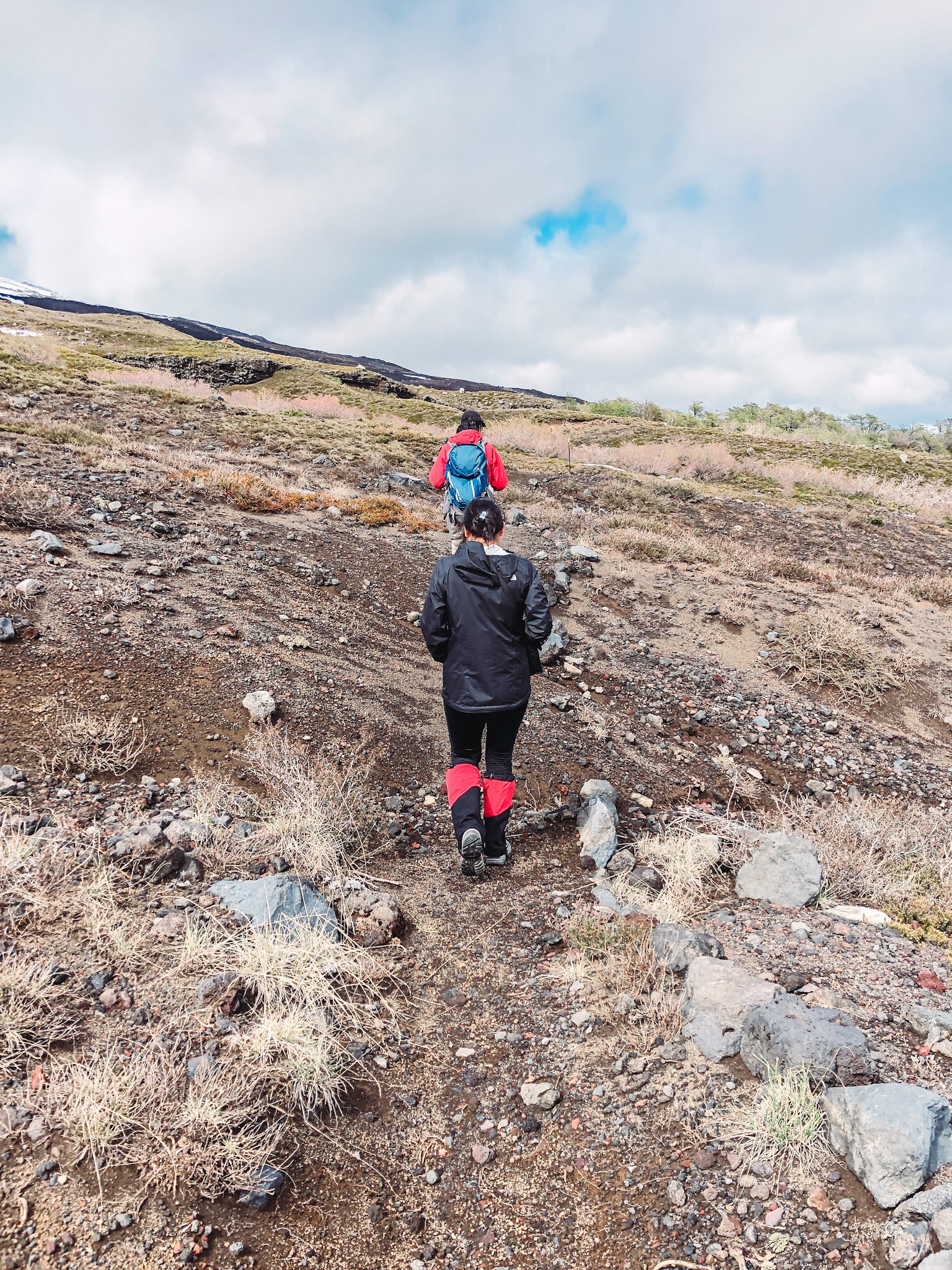Character Traits of Expatriates
Are you ready to move abroad and become an expat? Wondering what it takes to live in a foreign country? In this article I’ll share with you common traits of expats.
Living abroad in a foreign country is not an easy feat and will take a few special characteristics if you’re going to be a successful expat. If you don’t already have these traits, no worries! There will be plenty of opportunities to fine tune them while living abroad!
Curiosity / Desire to Learn
This is the best one, y’all!
Curiosity and a true desire to learn new things is so important! I have this one listed first because I think this personality trait is required before even considering moving abroad. If you aren’t curious about other cultures and countries, you probably won’t make the decision in the first place to move overseas.
Once you are living abroad, your curiosity will keep you entertained and enjoying life in your new country. When you live overseas, you become a sponge, soaking up everything your new home has to offer.
And each time you learn something new, whether it’s a new word in a foreign language, the process for obtaining a grocery membership card or finding a new way home, you will feel so accomplished. And because you have such a strong desire to learn about your new country and the world, this will reinforce your decision to move abroad.
This also helps combat the hard side of living abroad. For every challenge you face, you’ll learn/see/do so many more awesome things!
Flexibility
This trait I did not have before moving abroad. Personally, this has been the hardest character trait for me to develop. Some may describe me as having a “type A” personality... I like to plan and I don’t like things to “pop up”. Well, that all went out the window as soon as we moved to Angola, lol.
When you move to a new culture and way of doing things, you have to remain flexible and adaptable. You’ve only known one way of doing things your whole life. Well, these people do things differently. So you will have to adapt and change. But it will take time. You won’t be able to change your beliefs and habits all at once, but slowly you will become more flexible to this new way of living and adapt.
For me, this is most evident in my sense of time. When we moved to Angola I was still on “American time”. You know what I mean. When you have to get to a 10:00 meeting at 9:50 or people start wondering where you’re at.
Well, in many (most) other countries folks would start walking to the meeting at 10. And probably arrive within 15 minutes. I resisted and got frustrated a lot my first year in Angola. Then slowly over the past 7 years I adapted my thinking and habits.
Now I view time as much more fluid. I don’t feel in a rush to meet someone at a restaurant. (Thankfully I’m not working right now!) And when I see people obsess over time and trying to speed to get somewhere I don’t understand it. It feels like life moves at a slower pace for me and I like it. Too bad I’m repatriated to Texas!
But this change in my thinking has made me a happier person and when I do move abroad again it will serve me well.
Resilient
Resiliency isn’t something you realize you’re working on until one day you’re a year into living in a new country and you realize you’re stronger. To me, resiliency is an important trait of an expat because inevitably your life abroad will get challenging. And how you get through those challenges and keep going determines how resilient you are.
Real talk. I think I asked Andrew to leave Angola and Argentina about 20 times. There were so many low points where all I wanted to do was call it in, get on a plane and leave. But, we never did leave. I would wake up the next day and feel more determined to have a good day.
And when you make that choice over and over again, you build up your resilience muscle. One day you will look back and realize, “Dang, I’m resilient AF!” and you’ll feel so proud of yourself.
As your resilience builds up you’ll realize there’s no challenge you can’t get through.
Patience
Okay guys, patience is a super important personality trait for an expat to have. Depending on where you’re moving, you will probably use this trait daily.
The first thing that comes to mind for me are the grocery store lines. Before moving abroad, I was used to lines in the US, where if they got too lengthy a manager would open up a new checkout register. Well, that does not happen abroad as often. The lines were bad in Angola but they got much worse when I moved to Argentina. An average wait time to start checking out would be 20 minutes! And I’ve waited much longer than that.
In Buenos Aires, while there are a decent amount of stores, the population is quite dense so the stores are always busy. Each time I rolled my cart up to a line I would tell myself over and over “I’m a patient person. I have no place to be. Distract yourself.” I met a british lady in Angola that told me, “put on your bag of patience” and I always think of that when life overseas requires a little (or a lot) extra patience.
And frankly, many things abroad just move at a slower pace than you may be used to. In Angola (actually all of Africa) people talk about “Africa time”. Things in Africa just take a little longer. Honestly, this was incredibly frustrating when we first moved to Angola. Like when our internet took many months to be installed. But again, I slowly adapted and got used to it.
Be sure to pack your patience when you move overseas!
Communication
Maybe this one should be labeled “creative communication” instead! If you’re planning to move to a country where you don’t speak the language, be prepared to learn how to communicate without easily verbalizing what you want. For the past 7 years of my life, I wasn’t able to simply tell people what I wanted.
To creatively communicate you may need to use what little vocabulary you have in your new language to get your point across. Or combine those few words with hand gestures (be careful with that one...hand gestures can mean different things in different societies!).
Or maybe you can use a translation app (assuming you have cell service or wifi). Or ask strangers for help. I think you get the point. In reality, you’ll probably use a combination of these tactics to creatively communicate with people that speak a different language.
You’ll also need to familiarize yourself with typical body language of your new culture. If you see something new, it’s a good idea to ask a local friend what it means. There may also be words that won’t translate in your app. Check with a local to see what it means and start using it.
Your communication style at work is also important. In Angola, I had to learn to be genuinely interested in the personal lives of my Angolan colleagues in order to get any business done.
If I walked into a meeting and just started business I wouldn’t get very far. The meeting attendees would probably think me rude and cold. Instead, I needed to ask each person how their kids were (remember names!), how their weekend was or what they had for lunch.
This type of personal interest in communication is crucial in the work setting in many countries abroad.
Conclusion
As you can see, your communication skills will get highly refined while living abroad. You’ll learn new ways to communicate and you’ll feel so proud each time you’re able to get through a new situation without all the right words.
Please don’t let this list scare you away from life as an expatriate. These aren’t pre-qualifiers to becoming an expat. They will only make your life easier. And even if you don’t think you have these skills, you do have them deep down and when you become an expat they’ll come out right when you need them!
Ready to move abroad? Be sure to download my overseas packing checklist. It includes everything you need to pack for an international move.














